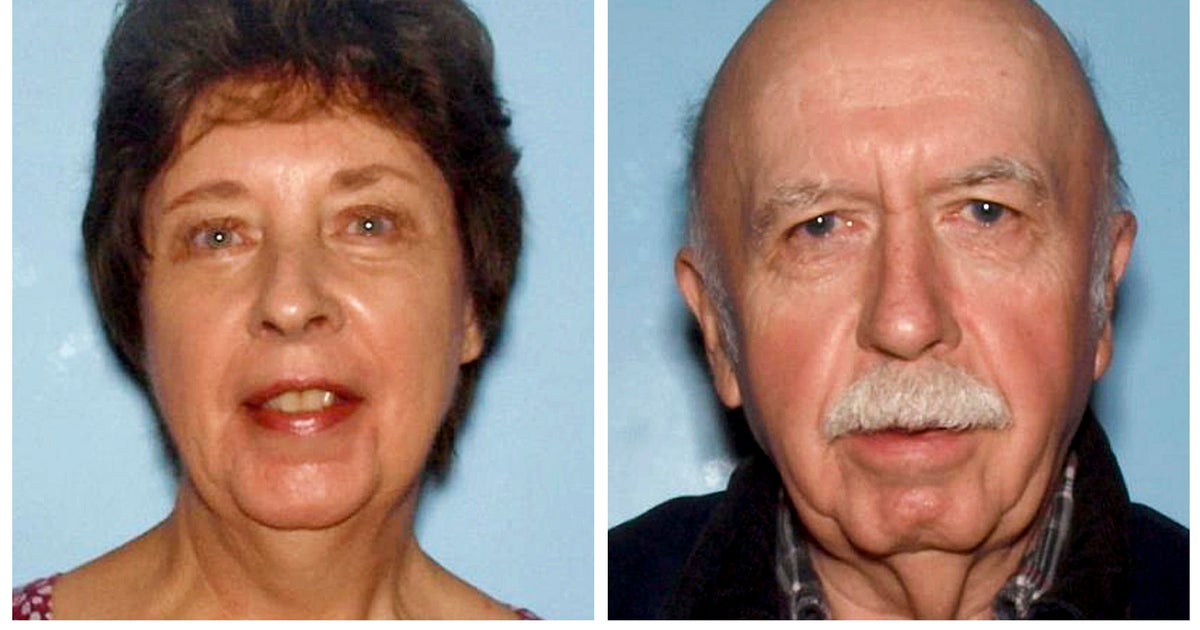Mexico announces "largest seizure in history" of fentanyl — over a half-ton of lethal drug found at warehouse
Mexico's army and National Guard announced Thursday what they called a "historic" seizure of over a half-ton of fentanyl at a warehouse in the northern city of Culiacan.
"This is the largest seizure in history of this lethal drug," said Assistant Public Safety Secretary Ricardo Mejia, estimating the fentanyl had an illicit value of around $230 million.
Synthetic opioids like fentanyl have been behind a major increase in overdose deaths in the United States; as little as two milligrams of fentanyl can be lethal. The drug is 100 times more potent than morphine.
The nearly 1,200 pounds found at the warehouse could have produced millions of the counterfeit pills in which fentanyl is usually offered. Fentanyl is so deadly because it is pressed into pills made to look like Xanax, Adderall or Oxycodone, or mixed into other drugs.
That has led to tens of thousands of overdose deaths in the U.S. because people often do not realize they are taking fentanyl.
However, the purity of the amount found at the warehouse was unclear; fentanyl is often cut with other substances before being pressed into pills. Almost all of the fentanyl smuggled into the United States comes from Mexico, where it is produced with precursor chemicals smuggled from China.
Mexico's Defense Department said the warehouse was located in Culiacan, the capital of Sinaloa state, home to the drug cartel of the same name, and 10 men were arrested.
Soldiers also found a half-ton of meth in the July 2 raid, as well as cocaine, opium and at least 70 tons of precursor chemicals.
Last month, Mexican prosecutors said they found an illicit facility with a pill press used to manufacture fentanyl pills in the border town of San Luis Rio Colorado, across from Yuma, Arizona.
Agents at the U.S.-Mexico border are using new technology to scan trucks for fentanyl as fentanyl-laced pills seized by law enforcement surged nearly 50-fold between 2018 and 2021, CBS News' Lilia Luciano reported.



